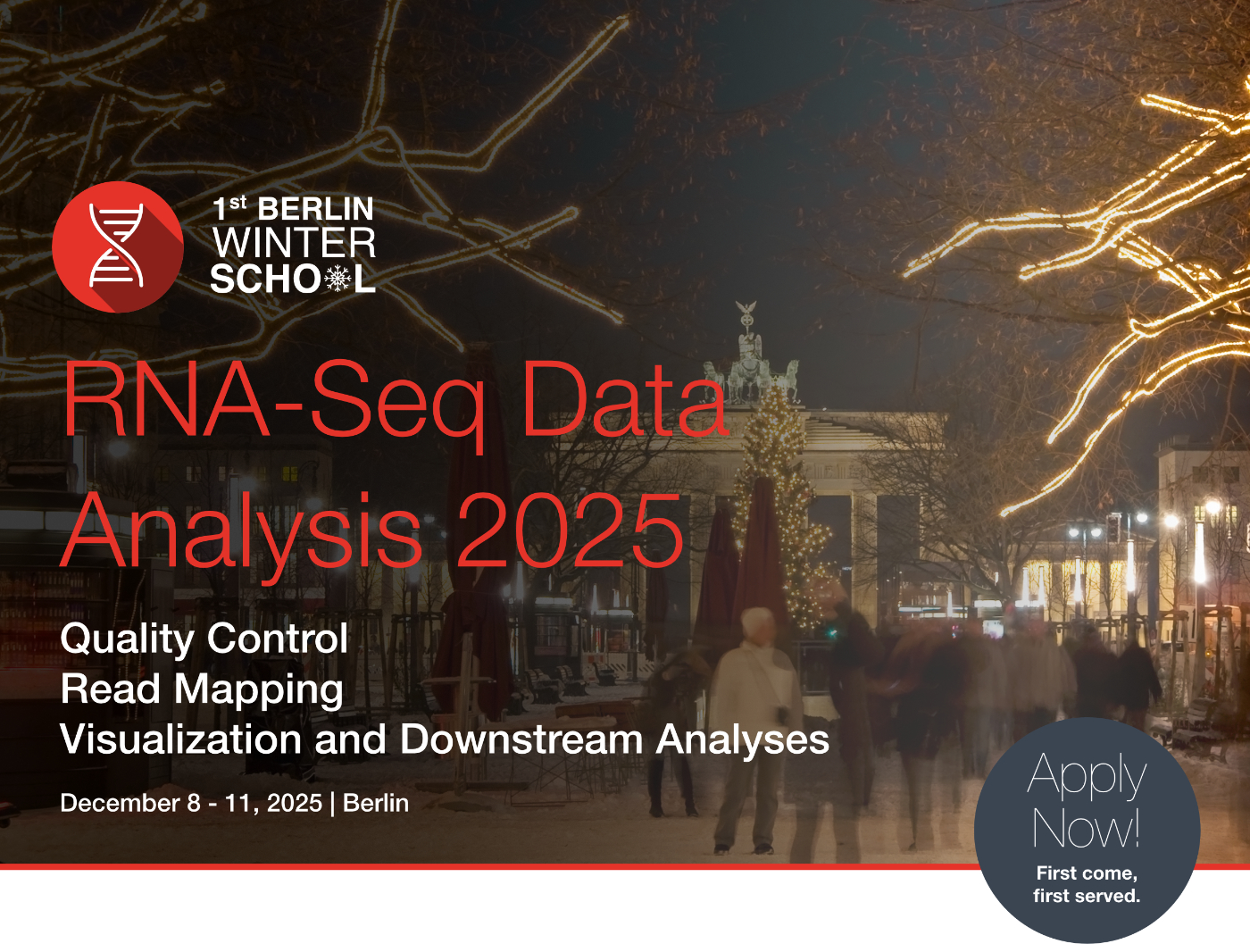

Advance your research. Understand RNA-Seq analyses challenges and solve them yourself.
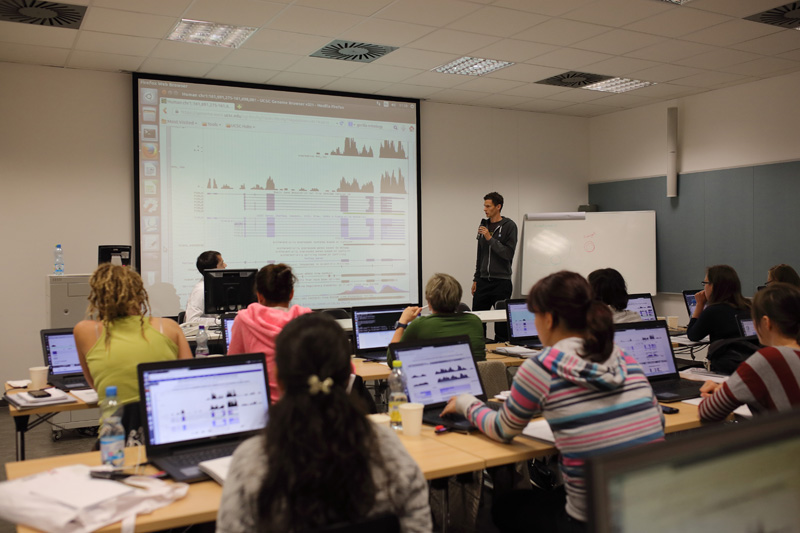
The purpose of this workshop is to get a deeper understanding in Next-Generation Sequencing (NGS) with a special focus on bioinformatics issues. Advantages and disadvantages of current sequencing technologies and their implications on data analysis will be discovered. You will be trained on understanding NGS data formats and handling potential problems/errors therein. In the course we will use a real-life RNA-seq dataset from the current market leader illumina.
All workshop attendees will be enabled to perform important first tasks of NGS data analysis themselves. The course layout has been adapted to the needs of beginners in the field of NGS bioinformatics and allows scientists with no or little background in computer science to get a first hands-on experience in this new and fast evolving research topic.
Read our detailed course program.
This workshop has been redesigned and adapted to the needs of beginners in the field of NGS bioinformatics and comprises this three course modules:
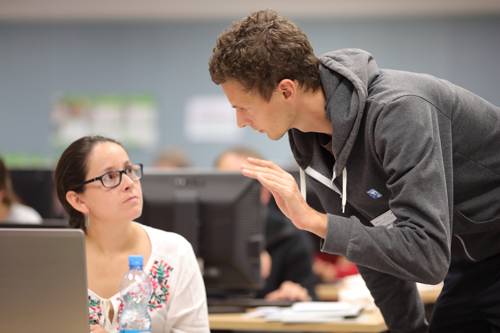

Dr. Gero Doose (ecSeq Bioinformatics GmbH)
Gero found and published several circularized RNAs in various RNA-Seq experiments. He specialized on split-read analysis some years ago and has a strong expertise in downstream analyses. Publications
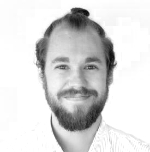
Dr. Adam Nunn (ecSeq Bioinformatics GmbH)
Adam is an expert bioinformatician skilled in developing data analysis pipelines. He specializes in whole genome DNA-Seq, de-novo genome assemblies, bulk RNA-Seq, and single-cell RNA-Seq. Adam's expertise enables him to extract valuable insights from complex datasets, unraveling gene expression patterns. Publications
The target audience is biologists or data analysts with no or little experience in analyzing NGS data. A fundamental understanding of molecular biology (DNA, RNA, gene expression, PCR, ...) is assumed.

Location: PC-College, Stresemannstraße 78, 10963 Berlin, Germany
Language: English
Available seats: 30 (first-come, first-served)
Registration Fee: 1,449 EUR (excluding VAT)
Travel expenses and accommodation are not covered by the registration fee.
Opening Date of Registration: May 1, 2025
Closing Date of Registration: December 5, 2025
Workshop: December 8 - 11, 2025 (9 am - 5 pm)
"I was particularly impressed with the emphasis on teaching us how to THINK about our analyses, rather than just follow a series of commands. Your focus on anticipating potential sources of error, never blindly trusting that a command or piece of software has done what you think it's done without confirming (as well as teaching us ways to confirm) left us with a skill set that is independent of a particular pipeline, and will serve us well as our interests (and the available software) change. The active exercises were clearly designed extraordinarily carefully and were really effective not just in applying what we'd just learned, but in seeing how you might fall into an analysis/interpretation trap if you are not careful. This really was a mindset/philosophy of analysis training as much as it was practical training, and I value that enormously. Thank you!" Morgan Benowitz-Fredericks, Bucknell University, USA
"I'm pleased to endorse the RNA-seq workshop I attended, which provided essential insights into working with RNA-seq data. Starting with Linux basics and setting up a working environment was particularly helpful for someone like me, without this knowlege before. From the model data that demonstrate splice junctions, I was able to transfer this knowledge to clinical samples and analyze fusion transcripts in my role as a clinical worker. This workshop served as a catalyst for further exploration, enabling me to integrate additional tools into my workflow. Overall, this workshop significantly enhanced my proficiency in genomic data analysis and is highly recommended for anyone looking to gain a solid foundation in RNA-seq analysis." Miroslav Bardelčík, Masaryk Memorial Cancer Institute, Czech Republic
"I found this workshop was really useful and great, as it further extends my understanding on how to do the bioinformatics analysis on RNA-seq dataset. The workshop did not only teach you how to code to run the certain pipeline, but it demonstrated basic principles of how the pipeline works. Importantly, I also learned to evaluate my results and compare and contrast different pipeline tools for answering certain biological questions. it is therefore crucial, as for pure biologists, to understand the basic principles and skillsets on how to do the analysis, and in the future, they can adopt certain pipelines for their experimental data analysis. I proofed the Workshop was really useful because I finally managed to do differential expression analysis on my own sequencing data not so long after the workshop is done." Ridzky Anis Advent Yuda, Center for Regenerative Therapies Dresden, Germany
When you register for this workshop you are agreeing with our Workshop Terms and Conditions. Please review them before you register.
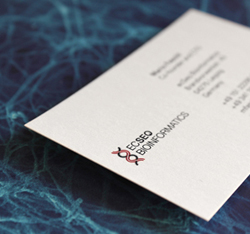
ecSeq Bioinformatics GmbH
Sternwartenstr. 29
D-04103 Leipzig
Germany
Email: events@ecSeq.com